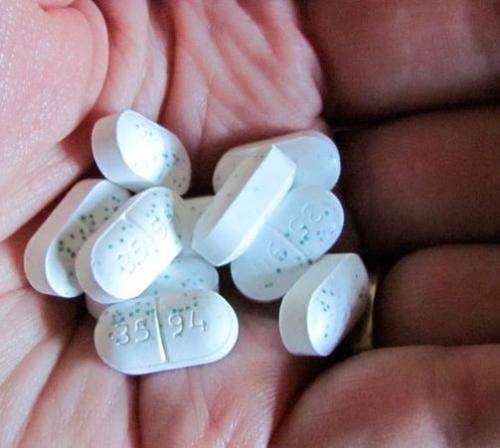Over-the-counter drugs, dietary supplements and their effect on lab test results

Over-the-counter (OTC) drugs and dietary supplements are widely used and popular, with US households spending an average of almost USD 350 annually on OTC products. In 2006 an average of EUR 67.50 was spent per person on OTC products in Germany.
The use of various OTC drugs and dietary supplements is highly prevalent in Europe and patients are often not willing to disclose this information to laboratory staff and the ordering physician as a survey published in Clinical Chemistry and Laboratory Medicine, published by De Gruyter in association with the European Federation of Clinical Chemistry and Laboratory Medicine (EFLM), shows.
The study reports on the results of a survey of patients in 18 European countries which shows that those taking OTC products and dietary supplements are not aware of the potential effects on laboratory test results they may have. In addition, patients do not believe that they need to disclose this use to medical and/or laboratory staff.
The study shows that dietary supplements and OTC drugs are more frequently used by middle-aged patients – especially women – with the most common being multivitamins, multiminerals, cranberry and aspirin. All of these compounds, if consumed shortly before blood sampling, may cause changes in lab test results, thus leading to interpretation difficulties and possibly incorrect diagnoses.
Although more data is needed about the frequency of the consumption of various dietary products, vitamins or OTC drugs, the authors believe that a multifaceted approach is necessary to draw attention to the issue using educational interventions which target both healthcare professionals and patients.
"We hope that our survey helps to raise awareness about this need to educate patients about the potential effect of OTC drugs and dietary supplements on lab test results, and we would encourage clinicians and lab staff to engage more with their patients and ask them direct questions about the use of various self-prescribed products," said Professor Ana-Maria Simundic of the Sveti Duh Clinical Hospital in Zagreb, Croatia, and the corresponding author of the article.
More information: Ana-Maria Simundic et al. Patient's knowledge and awareness about the effect of the over-the-counter (OTC) drugs and dietary supplements on laboratory test results: a survey in 18 European countries, Clinical Chemistry and Laboratory Medicine (CCLM) (2018). DOI: 10.1515/cclm-2018-0579



















